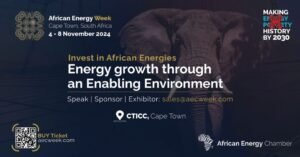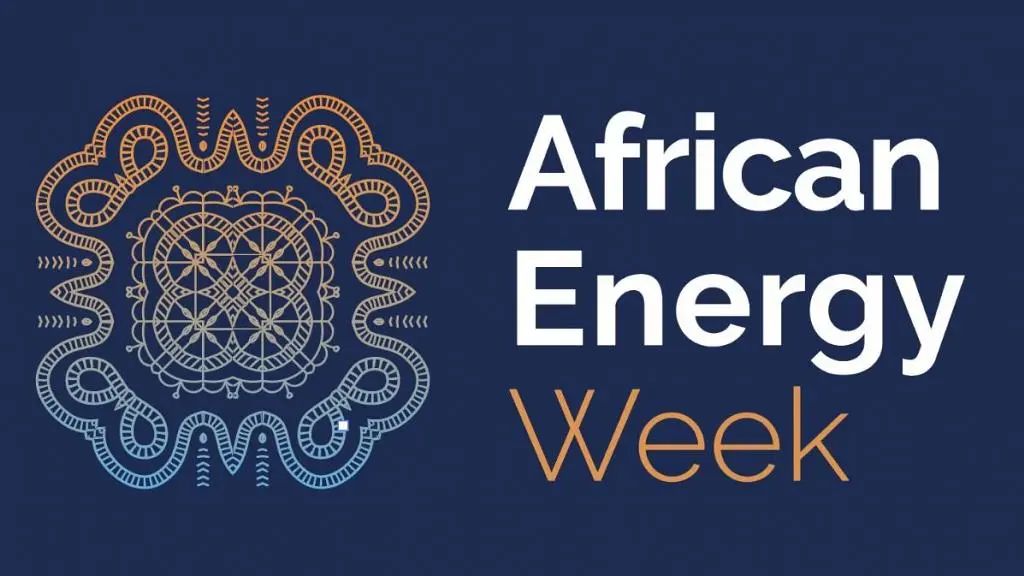African Energy Week 2024 to Host Energy Finance Summit, Driving Innovative Funding Solutions
the Africa Energy Bank recently signed into implementation by the African Petroleum Producers Organization and African Export-Import Bank (Afreximbank), Africa is poised to bridge its infrastructure funding gap and accelerate the development of energy projects across the continent – signalling a new era of hydrocarbon growth and financing.
The upcoming African Energy Week (AEW): Invest in African Energy 2024 conference will host a dedicated Energy Finance Summit in partnership with Afreximbank, led by its President and Chairman Benedict Oramah and market intelligence firm S&P Global Commodity Insights, focused on securing new investments among a shifting energy landscape.
During the forum, a series of sessions will outline the latest commitments from major financial institutions. Earlier this month, the African Development Bank (AfDB) approved a $500-million loan to support the development of 250 GW of installed electricity capacity in Nigeria by 2050, as well as a $135-million package for the Union of the Comoros to finance a major maritime and regional trade project.
Together with the World Bank, the AfDB also recently announced plans to invest $30 billion over the next five years to boost electricity supply for 300 million Africans. A session on Financing Energy Infrastructure will focus on mobilizing additional public and private finance for large-scale energy infrastructure projects, with a view to improving energy access and supporting the continent’s sustainable development goals.
AEW: Invest in African Energy is the platform of choice for project operators, financiers, technology providers and government, and has emerged as the official place to sign deals in African energy. Visit www.AECWeek.com for more information about this exciting event.

The Energy Finance Summit will also feature a session on Financing New Energy in Africa, addressing the opportunities and challenges associated with renewable energy projects amid high interest rates and regulatory hurdles. Last month, Guinea-Bissau bagged a $35-million grant for its first solar power plants, set to produce 30 MW of solar power with battery energy storage systems, as well as a transmission grid enhancement.
The Islamic Corporation for the Insurance of Investment and Export Credits and British multinational bank Standard Chartered recently partnered to develop a $111-million, off-grid solar street light project in Senegal, showcasing the role of joint financing models in driving sustainable energy solutions. Key speakers on the session include Olumide Ogunfowora, Managing Partner of Argentil Capital Management and Kevin Rodrigues, Regional Managing Director, Europe and Africa at bp Ventures.
Despite the global lending shift toward clean energy sources, African oil and gas projects have still been able to mobilize private capital. Last month, independent upstream company Invictus Energy secured $10 million for the development of the Cabora Bassa oil and gas project in Zimbabwe from private equity firm Mangwana Capital and Zimbabwean sovereign wealth fund Mutapa Investment Fund.
Additionally, Nigerian integrated energy solutions provider Oando PLC secured an $800-million loan from Afreximbank to acquire Eni’s local subsidiary Nigerian Agip Oil Company, allowing Oando to increase its participating interests in the Northern Niger Delta and accelerate oil and gas activities across the region. At AEW: Invest in African Energy, a Financing Upstream Oil & Gas in the Age of Transition session will explore trends, investment strategies and innovative financing models for upstream projects.
The Energy Finance Summit will also feature dedicated sessions on Developing a Sustainable Finance Strategy for African Downstream; Spotlight on African M&A and ESG Financing in the African Energy and Oil & Gas Sector. These sessions will explore the roles of non-traditional financing tools, strategic partnerships and the integration of ESG criteria in unlocking foreign investment across Africa’s energy value chain








